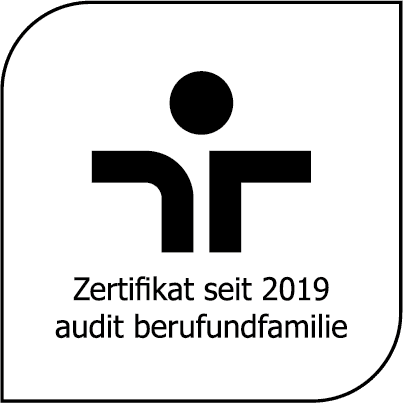Test instruments sorted
Contact person for the Open Test Archive
Gülay Karadere (Dipl.-Psych.)
Research Associate
guek@leibniz-psychology.org
IES-2
Intuitive Eating Scale-2 – deutsche Version (Gisch & Warschburger)
Short abstract
The IES-2 has been adapted from the English original and measures intuitive eating behavior in adulthood. It comprises 23 items distributed over four subscales (Unconditional permission to eat, Eating for physical rather than emotional reasons, Trust in physical hunger and satiety signals, Eating in accordance with physical needs). Reliability: Cronbach's internal consistency ranges from alpha = .73-.91. Validity: A factor analysis demonstrates a four-factor model. In addition, analyses can show associations with different variables (e.g., gender, age, weight, quality of life).
Leibniz Institute for Psychology (ZPID). (2022). Open Test Archive: IES-2. Intuitive Eating Scale-2 – deutsche Version (Gisch & Warschburger). Available at: https://www.testarchiv.eu/en/test/9008376
Citation
Gisch, U. A. & Warschburger, P. (2022). IES-2. Intuitive Eating Scale-2 – deutsche Version [Verfahrensdokumentation, Fragebogen und Auswertungssyntax]. In Leibniz-Institut für Psychologie (ZPID) (Hrsg.), Open Test Archive. Trier: ZPID.
https://doi.org/10.23668/psycharchives.15935
Short information
Short Name IES-2
English Name Intuitive Eating Scale-2 - German Version
Authors Gisch, U. A. & Warschburger, P.
Published in Test archive 2022
Copyright/Licence Copyright Authors; CC-BY-SA 4.0
Language versions deu
Construct Eating Behavior
Application age Adults (validated on 18-91 year olds)
Item number 23 items
Subscales 4 subscales: (1) Unconditional Permission to Eat, (2) Eating for Physical rather than Emotional Reasons, (3) Trusting Physical Hunger and Satiety Signals, (4) Eating in Accordance with Physical Needs
Application Time 3-7 minutes
Interpretation time a few minutes
Internal consistency: Cronbach's alpha ranges from alpha = .73-.91.
Evidence for construct validity (four-factor model; associations with gender, age, weight, quality of life, dieting, maladaptive eating behaviors, disordered eating behaviors, self-efficacy, binge eating).
None. Reference values: Mean values and standard deviations.
Applications Research; Nutrition Counseling; Clinical Psychology
Older versions
Version 1: https://doi.org/10.23668/psycharchives.5386
Version 2: https://doi.org/10.23668/psycharchives.6546
There is no abstract in English available. Short information about the measure can be found under Overview. More can be found on the German pages.
There is no review in English available. Short information about the measure can be found under Overview. More can be found on the German pages.
First published in
Ruzanska, U. A., & Warschburger, P. (2017). Psychometric evaluation of the German version of the Intuitive Eating Scale-2 in a community sample. Appetite, 117, 126–134. https://doi.org/10.1016/j.appet.2017.06.018 PSYNDEX Dok.-Nr. 0331943
Feedback form
Feedback on the use of a procedure from the Open Test Archive of the Leibniz Institute for Psychology (ZPID) to the test author(s)
Contact information
Prof. Dr. Petra Warschburger, Universität Potsdam, Lehrstuhlinhaberin Beratungspsychologie, Leiterin Patienten-Trainings- und Beratungszentrum, Karl-Liebknechtstraße 24-25, D-14476 Potsdam
Dr. Ulrike Gisch (geb. Ruzanska), Gastwissenschaftlerin, Universität Potsdam, Abteilung Beratungspsychologie, Karl-Liebknechtstraße 24-25, D-14476 Potsdam

 Learn more about us!
Learn more about us! 
